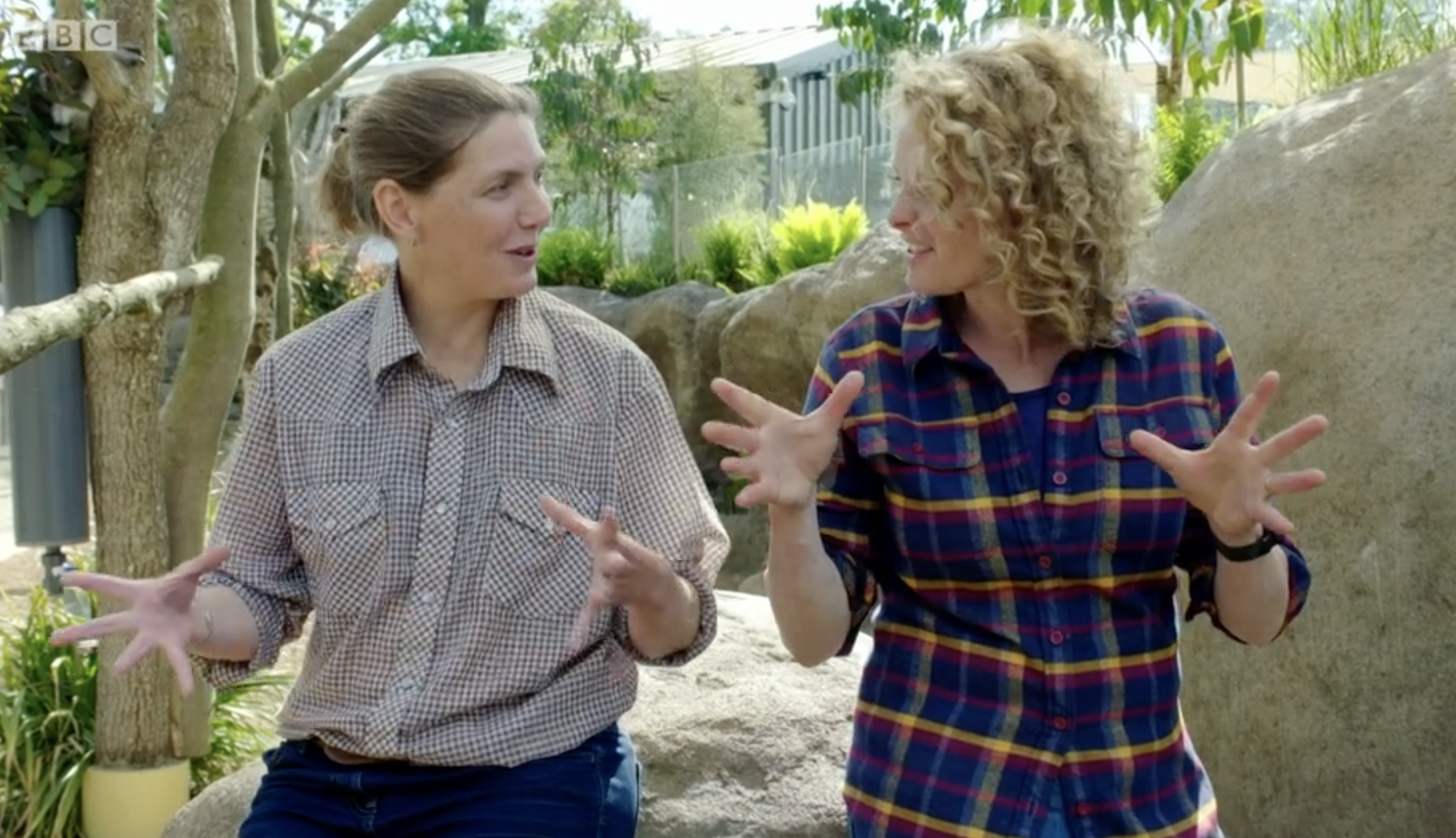
August 22, 2019, by Emma Rayner
I got interviewed by Kate Humble and now my kids think I’m a superstar!
In this blog, Dr Rachael Tarlinton from the University of Nottingham’s School of Veterinary Medicine and Science tells how her five minutes of fame on BBC Animal Park today, Thursday 22nd August 2019, has won her new respect from her harshest critics… her kids!
My own miniature wildlife fanatics (aged 9 and 5) have of course watched BBC Spring Watch and know who Kate Humble is. While they are interested in what mum does at work, it pales against the reflected glory of appearing on TV with someone they recognise and now they think my work must be really cool.
I have for many years, 17 when I added them up, worked on retroviruses of koalas. Koalas are a big deal in wildlife conservation in my native Australia. I think my Dad is still puzzled as to how my ambitions to be a cattle vet and take over the family farm morphed into wildlife research but that is another story.
So when I heard that Longleat Safari Park had imported some animals from a population whose genetics I was very interested in and we fortuitously had some money from a faculty sandpit to sequence the genome of an animal from just that population of course I brazenly emailed them to ask if I could have some samples from their animals. What is not a happy part of this story is that one of their animals, Wilpena, died of a genetic kidney disease shortly after she arrived in the UK. Longleat however were incredibly generous and helpful and were really keen for us to use this tragic event for some purpose.
This kicked off quite a whirlwind of events, including attending the grand opening of the new koala exhibit at Longleat (with quite a list of important people, including the 17th in line to the throne who is 2 and very cute), bringing Wilpena the koala back to Nottingham and preparing her DNA for sequencing. Excitingly the methods our bio-informatics collaborators Matt Loose and Richard Emes have been using have worked really well and we think Wilpena and her compatriots may be carrying a version of the koala retrovirus that helps protect them from the pathogenic form.
Really importantly for Longleat (and koala kind in general) we also think we have worked out the genetic mutation that causes the genetic kidney disease.
Zoos often cop a lot of flack from animal rights groups for keeping wild animals in captivity. In the case of Wilpena’s death Longleat had several negative media pieces that came out around the time of the exhibition launch and understandably the staff at the zoo were pretty distressed by this.
In the case of koalas, it’s hard to get information on disease, health and reproduction when you have to catch animals that are up 50 metre tall trees as they are in the wild. So most of our work can’t be done without the animals held in the zoos. In this situation we were really happy to able to help Longleat out with a ‘good news’ story of Wilpena’s death contributing to work that will help the wild population. In any case I wasn’t going to say ‘no’ when Longleat asked if I’d do a segment for BBC Animal Park about our work to tie in with the piece they were doing on the arrival of the koalas. A chance to present our work on a show with an audience of 1.6 million is not to be missed.
Hence my afternoon spent sitting on a rock in the koala enclosure in the sun at Longleat with Kate Humble and full camera crew talking about koalas with our subjects munching some gum leaves in a tree behind us. The usual adage to “not look at the cameras” is really disconcerting, particularly when you get asked to repeat what you have just said as a plane went overhead. It was also slightly nerve-racking to realise the numbers of people lining the fence to listen in. The zoo was open so both keepers and the general public were there. However Kate was welcoming and lovely and kept us on track with questions and answers (for 3 hours!). I’ve always really admired reporters’ ability to pick up complex ideas really quickly and to look interested in such a bizarre range of topics and I can safely say that Kate’s enthusiasm made the afternoon go very quickly.
So somewhat dazed at my brush with stardom, and with the satisfaction of spending a whole day talking about my research with people who were actually interested in it I’m now back in real life and waiting to see what it looks like when it comes out when those 3 hours of filming will be turned into 5 minutes I am sure! But at least my kids think I must be really important now.
Dr Rachael Tarlinton is Associate Professor of Veterinary Virology in the School of Veterinary Medicine and Science. She is featured here in the Animal Park Summer Special on BBC One at 9.15am on Thursday 22nd August 2019 and at 9.15am on Friday 23rd August 2019.
Rachael’s research group has launched a crowdfunder to raise money for a clinical test for koala retrovirus. For more information and to donate please click here.
No comments yet, fill out a comment to be the first


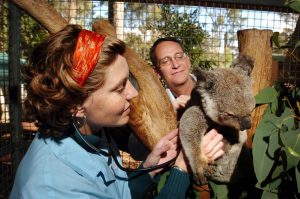
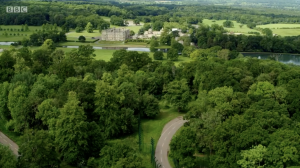
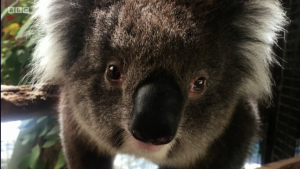
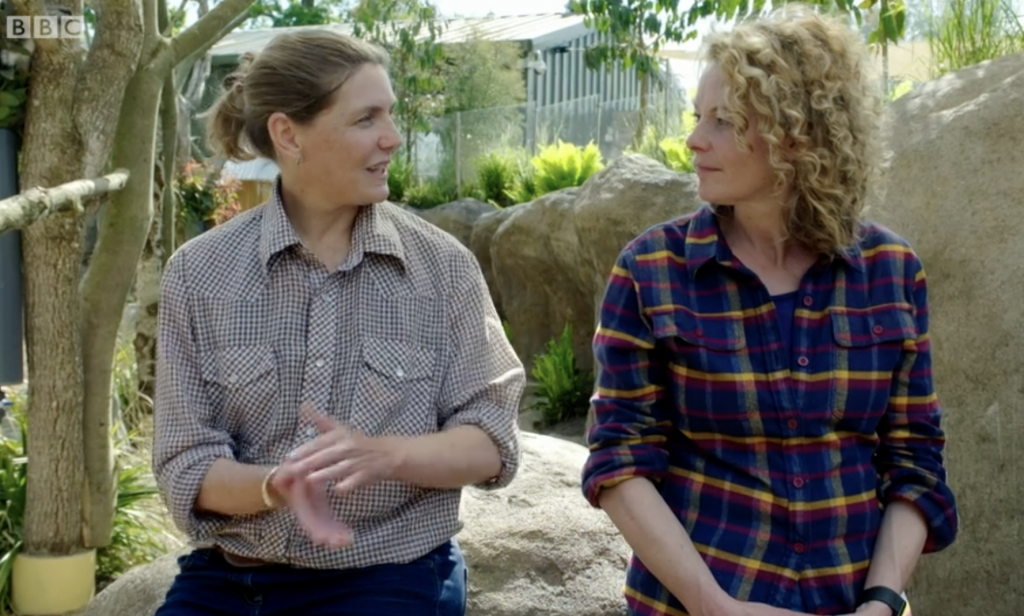
Leave a Reply